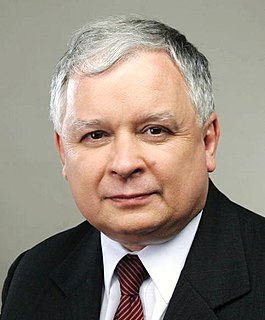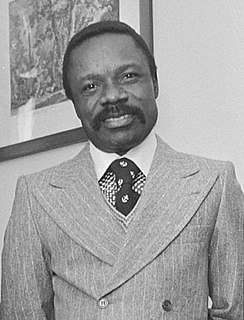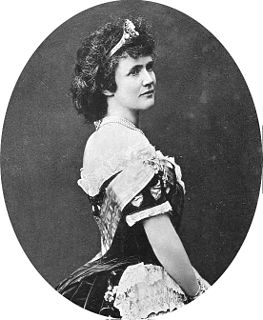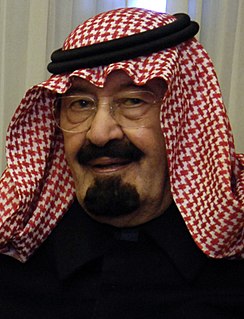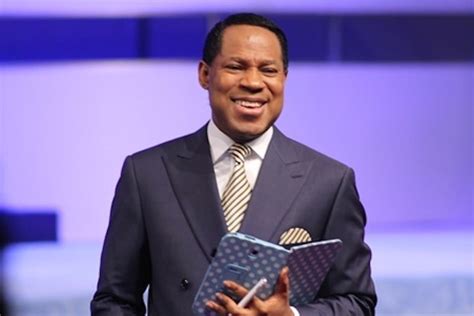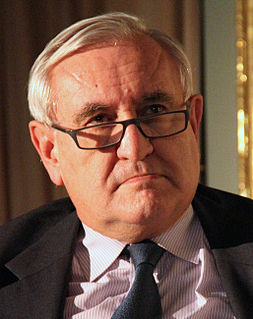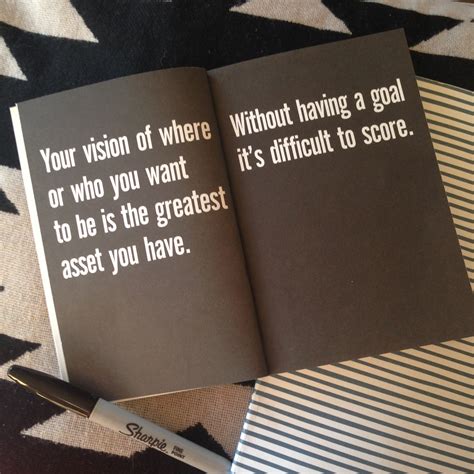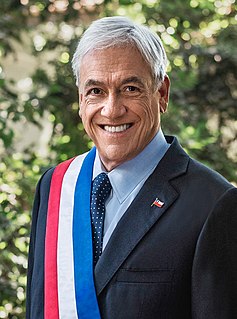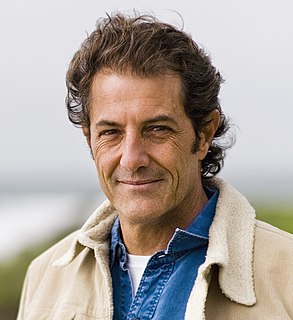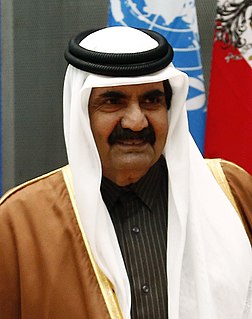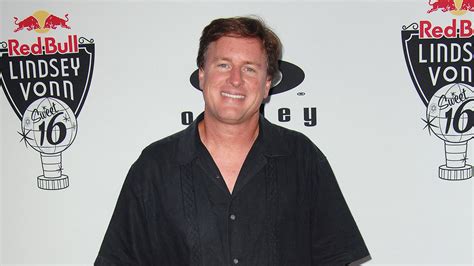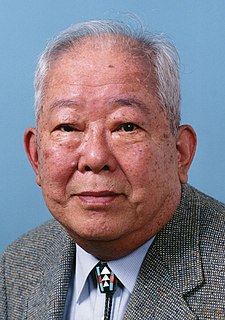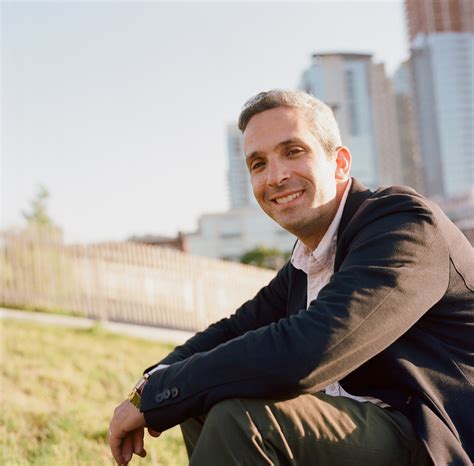Top 1200 Powerful Countries Quotes & Sayings
Explore popular Powerful Countries quotes.
Last updated on April 14, 2025.
In the past when a country became as powerful as the United States, other countries would band together to clip its wings. But that isn't happening now and I don't think it's not going to happen, because other countries are not threatened by us, and they secretly appreciate the services that we provide, even if they don't usually say so.
One has to realize that the powerful industrial groups concerned in the manufacture of arms are doing their best in all countries to prevent the peaceful settlement of international disputes, and that rulers can achieve this great end only if they are sure of the vigorous support of the majority of their peoples.
For what is important when we give children a theorem to use is not that they should memorize it. What matters most is that by growing up with a few very powerful theorems one comes to appreciate how certain ideas can be used as tools to think with over a lifetime. One learns to enjoy and to respect the power of powerful ideas. One learns that the most powerful idea of all is the idea of powerful ideas.
The rich and powerful countries are trying to wreck as much as possible. You know, go off the cliff as soon as you can. Extract every drop of hydrocarbons off the ground and destroy the environment. At the opposite extreme are countries like Bolivia and Ecuador, indigenous people around the world, and first nations in Canada and tribal people in India, campesinos in Colombia... They're trying to save the commons.
In the period after the Second World War, there were still leaders in Europe who represented weak countries, but possessed a sense of global foreign policy. Nowadays, on the other hand, there are politicians who represent pretty powerful countries, but whose citizens are not prepared to sacrifice themselves for the state.
Toward the middle and end of the Fifties, West European countries became somewhat more important as providers of aid to underdeveloped countries. It was partly due to the prodding of the United States that these countries, as they regained economic viability, should shoulder their share of the aid burden.
If the level and amount of consumption and waste of the western rich countries ever reaches the poor countries, it will mean the end of humanity. The big world corporations are busy doing it...The production, selling, consumption, accumulation, wastes' and advertisement explosions in the western rich countries and the continued population explosion in the poor countries will turn into major catastrophes.
Relations between the United States and other countries, and our role as a global leader, are advanced by our willingness to help other countries in need. Foreign aid is essential to protecting U.S. interests around the world, and it is also a moral responsibility of the wealthiest, most powerful nation.
The reality is that [Barack] Obama has some 15 countries in the current Libya coalition. President Bush put together close to 50 countries for the Afghan coalition, some 40 countries for the Iraqi coalition, more than 90 countries for the Proliferation Security Initiative and over 90 countries in the Global War on Terror.
A considerable proportion of the developed world's prosperity rests on paying the lowest possible prices for the poor countries' primary products and on exporting high-cost capital and finished goods to those countries. Continuation of this kind of prosperity requires continuation of the relative gap between developed and underdeveloped countries - it means keeping poor people poor. Increasingly, the impoverished masses are understanding that the prosperity of the developed countries and of the privileged minorities in their own countries is founded on their poverty.
Outside of a Grand Slam, I don't think there's a tournament in the world that has this many top players representing their countries. It's really remarkable that we have this many No. 1's. And with so many countries being represented, it's going to give the fans from Las Vegas who are from those countries a chance to come out and root for their countrymen.
Some people say that the West has a cruel history. These people also may see the achievements of Western countries - in terms of the economy, education, health, and social achievements - as a result of exploitation of poorer countries, including Arab countries. Western nations get rich by using resources such as Arab oil. Meanwhile, the countries supplying them raw materials remain poor. Due to such injustices, jealousies are created.
By the end of the 1960s, the United States owned more than half of the Indian rupee money supply, and that had been acquired through food aid. So I think it's very interesting to see the very long history of how sovereignty and food go together. When some countries remove another country's ability to feed itself, it is a very powerful tool. Imperialist countries, like the United Kingdom, like the United States, have used it for centuries.










